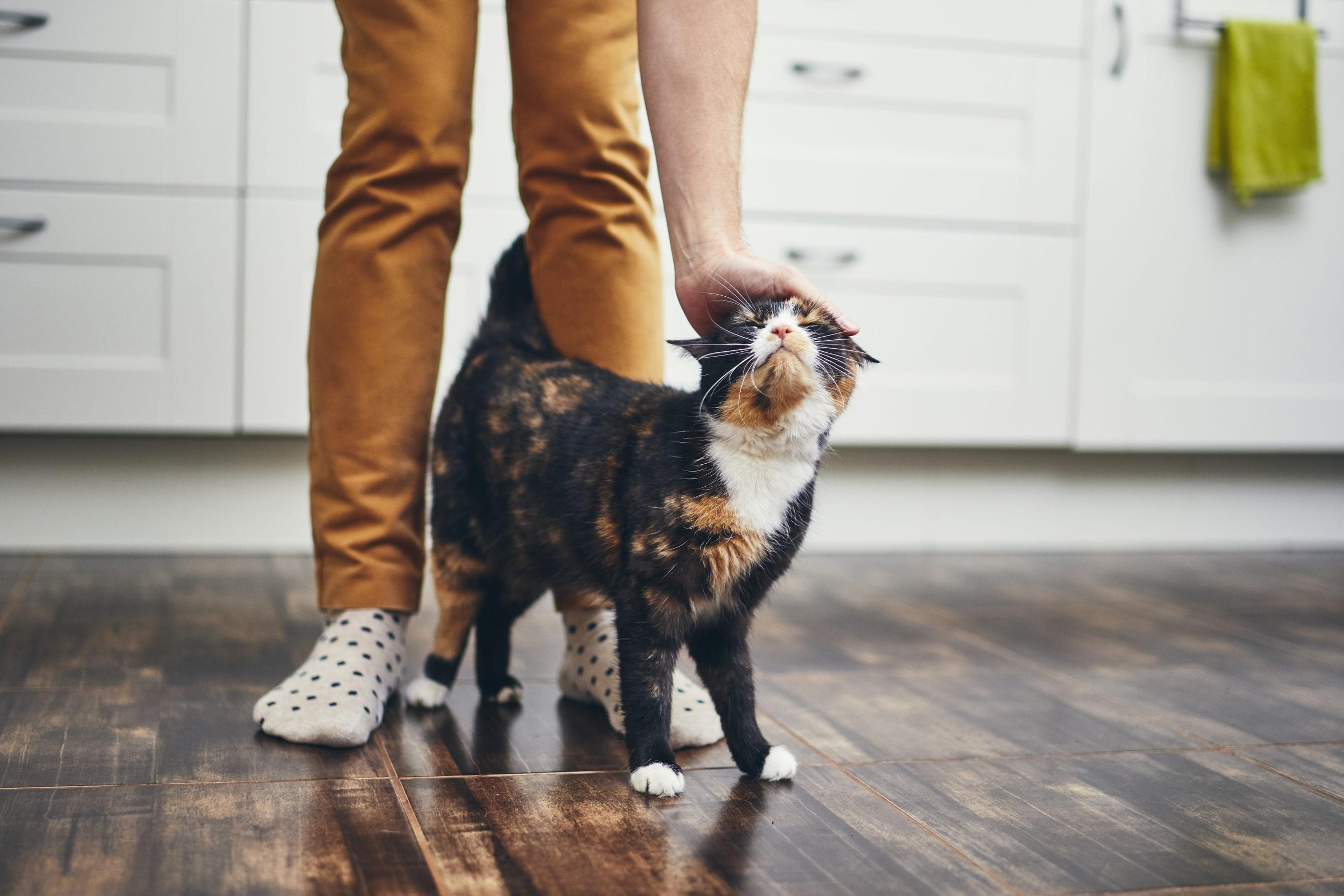
With many people spending more time at home, pets are providing a great source of comfort and joy. There has even been an increase in pet adoption rates. Many are wondering how the pandemic affects their four-legged friends. COVID-19 is a newly mutated strain of a much larger family of viruses referred to as “coronaviruses.” Some coronavirus strains that infect animals can be spread to people, though it is not common. Recent reports have circulated about animals, such as tigers in the New York Zoo and two house cats contracting the virus that causes COVID-19. At this time, the U.S. Centers for Disease Control and Prevention does not have evidence to suggest that companion pets can spread the virus or infect humans. Though more extensive research needs to be done, COVID-19 is believed to be zoonotic, meaning it can spread from humans to animals. As a precaution, the CDC is recommending that family members who have tested positive for COVID-19 isolate themselves from the entire family, including from their pets. If you have animals that you are in contact with, such as cats and dogs, it’s important to maintain proper hygiene. Wash your hands before and after touching them, wear a mask when interacting with them and don’t share food if you are ill. Due to the uncertainty surrounding transmission of COVID-19, it is also advised that pets follow social distancing guidelines and don’t interact with pets or people from other households. If you choose to take your dog on a walk, avoid contact with other people and maintain six feet of distance between yourself, your dog and others. Avoiding dog parks is also recommended. Keep in mind that all pet owners should have an emergency plan in the event of a disaster, and in this case, a pandemic. If you do choose to adopt an animal now, make sure you have a list of people who are willing to take care of him or her in case you get sick. If you believe you are sick, call your doctor or use telehealth services. If you do have a confirmed case of COVID-19 and believe you may have infected your companion, call their veterinarian to decide what the next steps should be. If you are looking for ways to help your local animal shelters but don’t have the resources needed to care for a pet, consider donating supplies. Common needs include food, towels, blankets, leashes, newspapers, crates, collars and bowls for food and water. You can also reach out to learn more about becoming a volunteer once social distancing restrictions are lifted. You may also be interested in:
Photo credit: Chalabala





